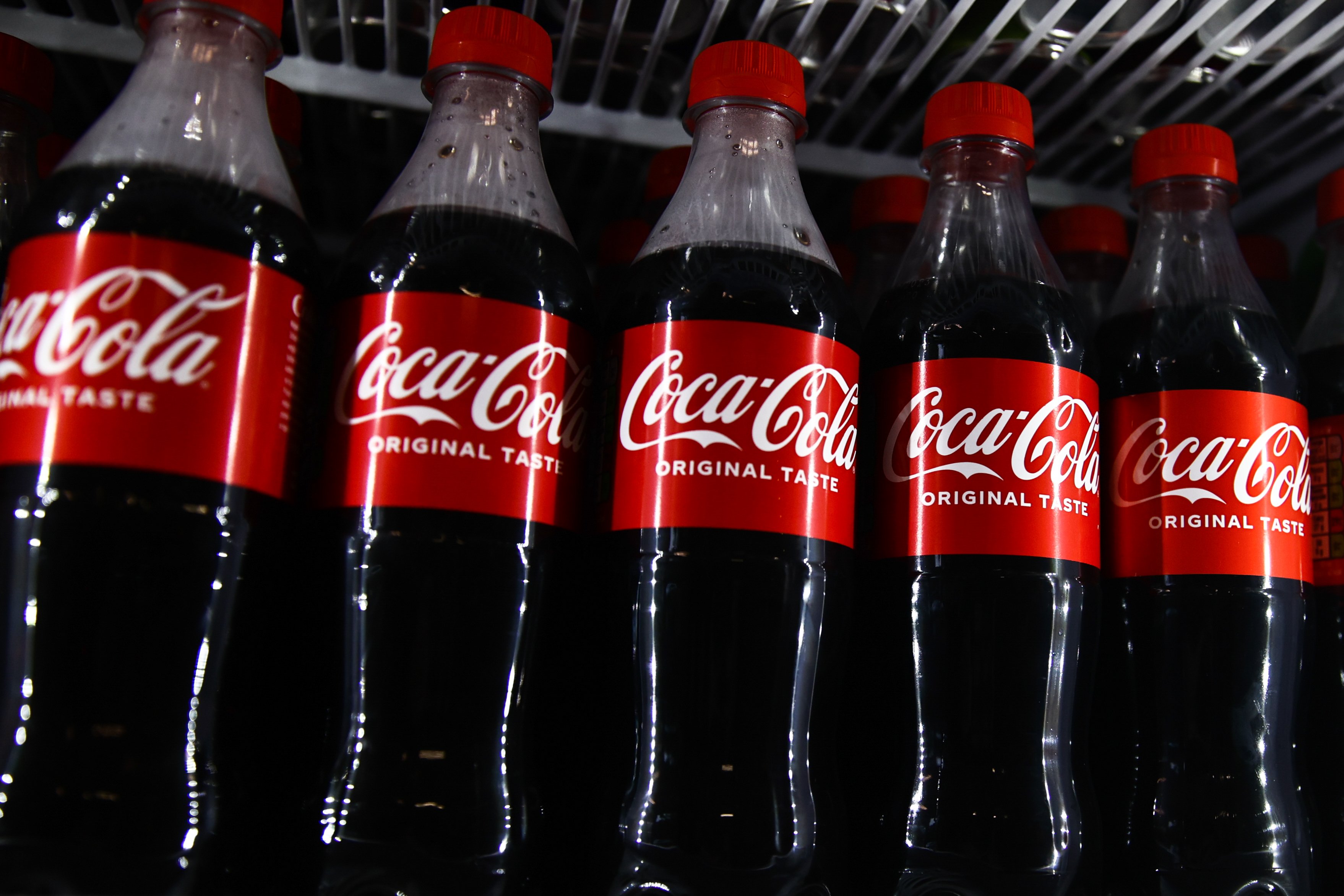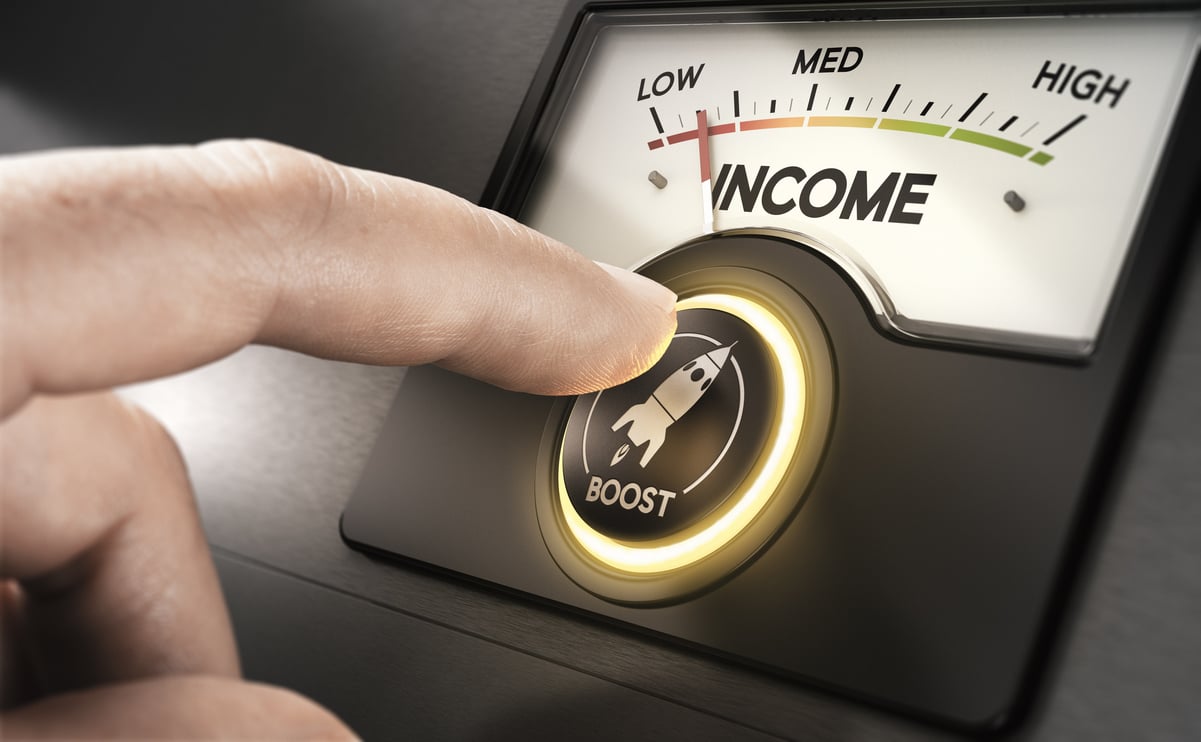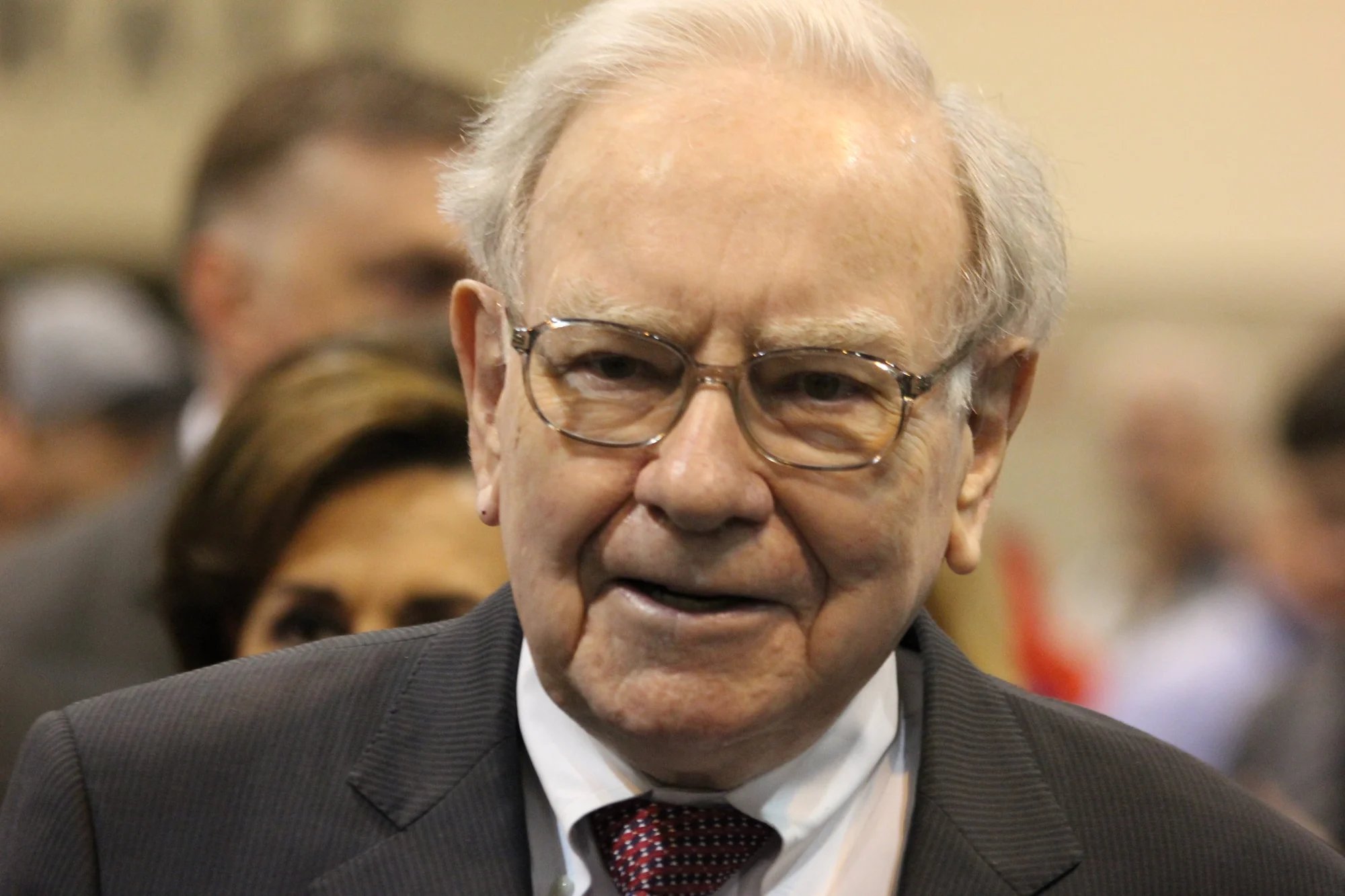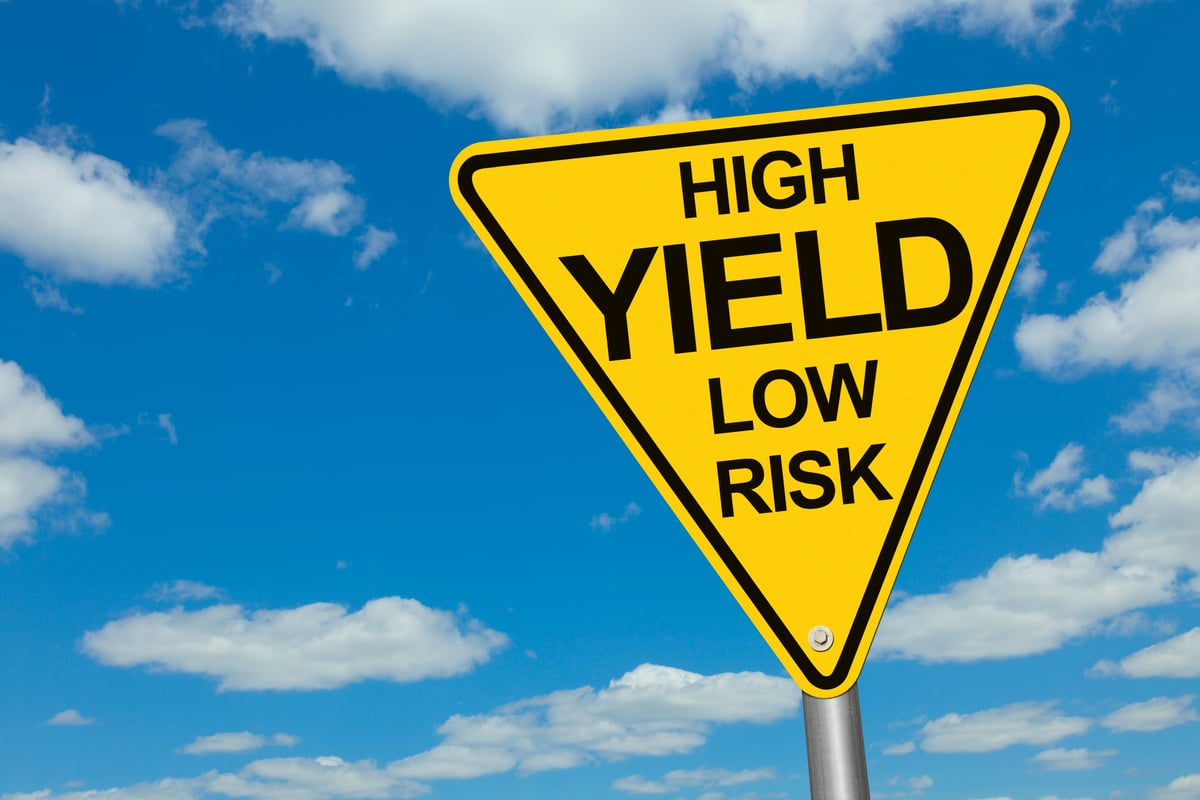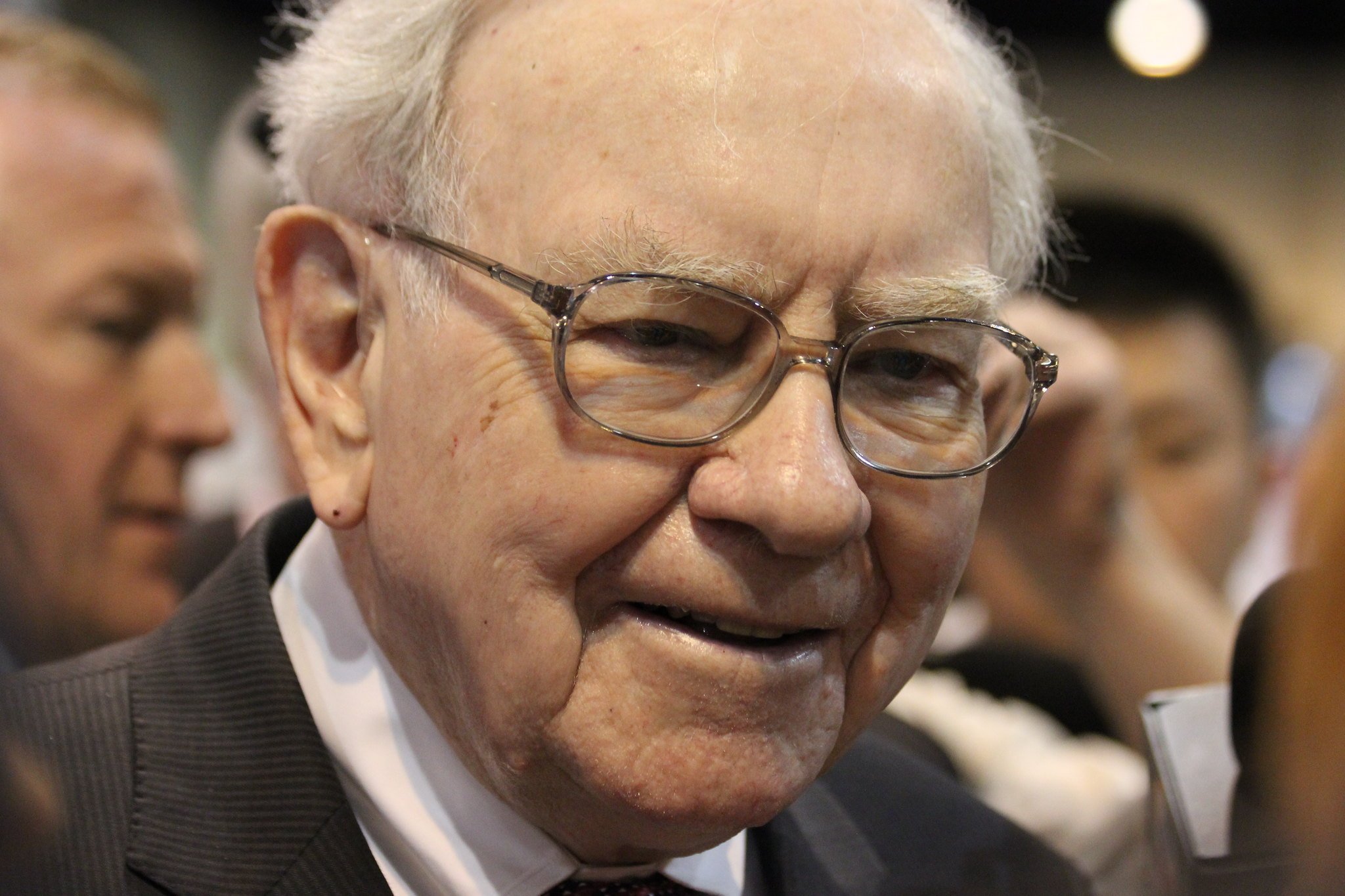Coca-Cola (KO +1.64%) is a business that needs no introduction. It's a consumer favorite with a massive product portfolio and presence in over 200 countries and territories. That hasn't necessarily lifted the shares, though.
In the past five years, this top beverage stock has produced a total return of 52% (as of Sept. 17). This performance comes up well short of the S&P 500, which generated a total return of 110% at the same time.
Maybe the future will be different. Where will Coca-Cola stock be in five years?

Image source: Getty Images.
Boringness is a feature
In recent years, so much attention has gone to the tech industry and the rise of artificial intelligence. That's an exciting area, but it's incredibly difficult to predict who the winners down the road will be. This is what makes Coca-Cola special. It's a boring and established business that already dominates its industry. This is a key feature.
Five years from now, there's no doubt in my mind that Coca-Cola's business will look nearly identical to the way it does today. This means selling hundreds of different varieties of beverages to consumers in virtually every corner of the world. The company has historically completed acquisitions to expand its product portfolio. So, it wouldn't be surprising to see another move being made.
There are minimal threats of disruption here. Coca-Cola has been around for a very long time. And it will likely be relevant decades into the future. One of the most important things supporting the company's staying power is its brand name. Coca-Cola is a leading consumer brand that resonates strongly with people across the globe. Unsurprisingly, impactful marketing helps in this regard, but so does serving a consistent product that consumers love.
This supports the company's pricing power. During the most recent quarter (Q2 2025 ended June 27), Coca-Cola's sales benefited from a 5% positive impact from pricing. The amount of volume being sold and consumed might not grow that much with each passing year, but the business can consistently increase prices due to how strong the brand is.
And there isn't much cyclicality, which can't be said about a lot of companies out there. In a recessionary period, consumers will still buy the products Coca-Cola sells. These beverages are small purchases that lend themselves to repeat buying decisions, which adds valuable stability and predictability for the leadership team.
Coca-Cola will, no doubt, continue to rake in profits. It reported a stellar operating margin of 34.1% in the second quarter. And in the past five years, the operating margin has averaged 26.2%. This is an efficient business model that leverages third-party bottlers and distributors, thus relieving Coca-Cola of heavy capital investments.

NYSE: KO
Key Data Points
Only a good choice for dividend investors
Coca-Cola is a great business. It has a strong brand that supports pricing power and huge profits. However, the company will likely continue to register muted growth because of just how mature it is. Wall Street analysts forecast 4.8% annualized revenue gains between 2024 and 2027.
Investors also shouldn't expect much upside from a valuation perspective. Shares currently trade at a price-to-earnings (P/E) ratio of 23.7. That's certainly not a bargain. Maybe in five years the P/E multiple will rise slightly to 25, which seems fair for this business.
For those who are looking to outperform the market, it wouldn't be wise to add Coca-Cola to your portfolio. The stock has underperformed in the past five years, and I suspect this trend will continue between now and 2030. There's really no reason to think otherwise.
That doesn't mean the stock should be completely avoided. Dividend investors will definitely continue to gravitate to Coca-Cola, which currently pays a dividend yield of 3.05%. Earlier this year in February, the board of directors raised the quarterly payout to $0.51, marking the 63rd straight year that the company instituted an increase. This highlights Coca-Cola's unwavering commitment of returning capital to shareholders.
